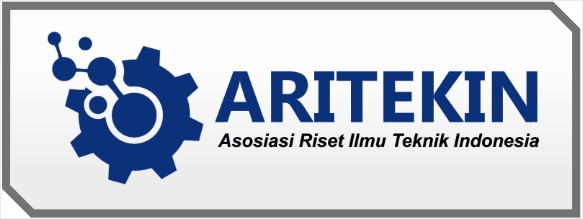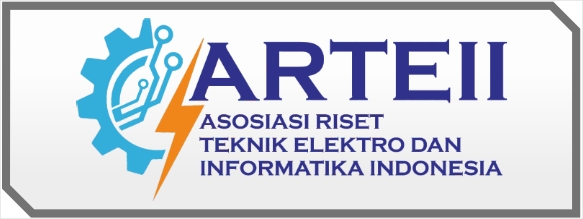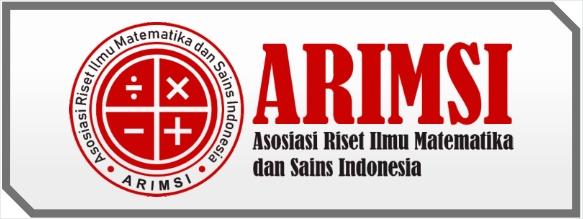Akses Ruangan Menggunakan Radio Frequency Identification Dengan Metode Eksperimental Berbasis Web
DOI:
https://doi.org/10.59061/jsit.v6i2.880Keywords:
Accessing Spaces, Radio Frequency Identification, ID-Card, Web, Method ExperimentalAbstract
The rapid development of information systems has highlighted the need for integrated solutions that streamline access and control mechanisms. Radio Frequency Identification (RFID) technology has emerged as a reliable tool for identifying and tracking objects using radio signals. Its applications have expanded to inventory management, logistics, security, and access control. One such application involves enhancing room access systems using RFID, which improves user security and portability. However, at Horizon University, ID-Cards are currently underutilized, serving only as student identification without supporting additional functionalities. This research introduces a web-based experimental approach to developing an RFID-enabled room access system. The proposed system integrates RFID technology to control and monitor room access effectively, ensuring that only authorized users can enter. The methodology involves designing a hardware-software interface for data capture, storage, and retrieval through a web platform. This innovation is expected to enhance security, optimize ID-Card utility, and provide comprehensive room access management tailored for educational or organizational environments.
References
Asmungi, I., Amroni, & Jusia, P. A. (2018). Analisa dan perancangan sistem pendukung keputusan kelayakan penerima bantuan beras miskin pada Desa Lambur II Muara Sabak Timur. *Jurnal Ilmiah Media Sisfo, 12*(1), 1012–1037.
Aulia, S. (2020). Sistem pendukung keputusan untuk penerima bantuan beras miskin menggunakan metode TOPSIS. *Djtechno: Jurnal Teknologi Informasi, 1*(2), 52–57. https://doi.org/10.46576/djtechno.v1i2.973
Destiningrum, M., & Adrian, Q. J. (2017). Sistem informasi penjadwalan dokter berbasis web dengan menggunakan framework CodeIgniter (Studi kasus: Rumah Sakit Yukum Medical Centre). *Jurnal Teknoinfo, 11*(2), 30. https://doi.org/10.33365/jti.v11i2.24
Dhaifullah, I. R., Muttanifudin H, M., Salsabila, A. A., & Yaqin, M. A. (2022). Survei teknik pengujian software. *Journal Automation Computer Information System, 2*(1), 31–38. https://doi.org/10.47134/jacis.v2i1.42
Efendi, E., Wulandari, C., Siregar, I. A., Aulia, N., & Harahap, R. A. G. (2023). Manajemen database sistem organisasi dakwah. *Innovative: Journal of Social Science Research, 3*(2), 1–10.
Efendy, Z., Rahimullaily, R., & Aini, V. N. (2023). Sistem pendukung keputusan menggunakan metode TOPSIS berbasis aplikasi (Studi kasus: Keluarga miskin di Kelurahan Mata Air Kecamatan Padang Selatan). *Remik, 7*(1), 142–156. https://doi.org/10.33395/remik.v7i1.11971
Elgamar. (2020). *Konsep dasar pemrograman website dengan PHP* (Vol. 1, pp. 4–5).
Downloads
Published
How to Cite
Issue
Section
License
Copyright (c) 2025 Jurnal Sains dan Ilmu Terapan

This work is licensed under a Creative Commons Attribution-NonCommercial 4.0 International License.

















